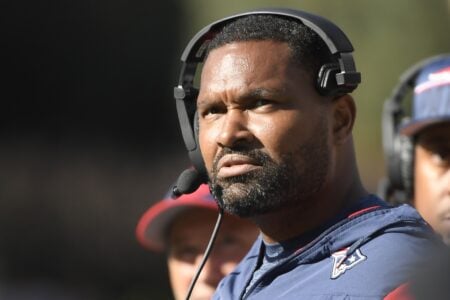- Joined
- Feb 19, 2007
- Messages
- 17,557
- Reaction score
- 17,168
I don't like. And I think I can explain it fairly simply.
There are 2 scenarios under the new rules where it will be considered a success.
1) If the recieving team gets the ball and drives down the field and scores a TD. You say yey at least it wasnt a cheap field goal they earned it.
2) Recieving team scores a FG and then the other team goes down and scores a TD. You say good they deserved it more as they were able to get the TD.
All other scenarios are weird and awkward. And the problem trying to be solved still exists.
If both teams score FG on their first OT drives than the team that won the coin flip will be getting the ball back with a chance at a good return, short drive, log field goal. or equally as bad if the team to recieve first has a bad return and or a touchback and is at the 20 or less and they go 3 and out then the other team gets the field position and doesn't have to worry about the freaky rules.
Under the old system the idea was that field position would be equal to getting the ball and while it skewed since 94 when the kickoff was moved back I don't think the numbers were skewed enough to warrent wholesale change.
There are 2 scenarios under the new rules where it will be considered a success.
1) If the recieving team gets the ball and drives down the field and scores a TD. You say yey at least it wasnt a cheap field goal they earned it.
2) Recieving team scores a FG and then the other team goes down and scores a TD. You say good they deserved it more as they were able to get the TD.
All other scenarios are weird and awkward. And the problem trying to be solved still exists.
If both teams score FG on their first OT drives than the team that won the coin flip will be getting the ball back with a chance at a good return, short drive, log field goal. or equally as bad if the team to recieve first has a bad return and or a touchback and is at the 20 or less and they go 3 and out then the other team gets the field position and doesn't have to worry about the freaky rules.
Under the old system the idea was that field position would be equal to getting the ball and while it skewed since 94 when the kickoff was moved back I don't think the numbers were skewed enough to warrent wholesale change.


















